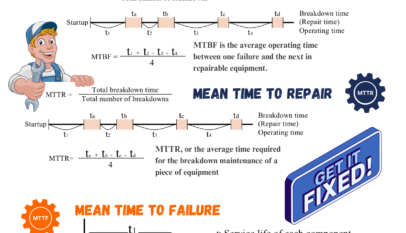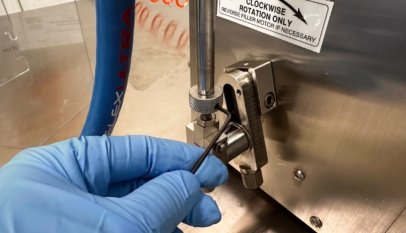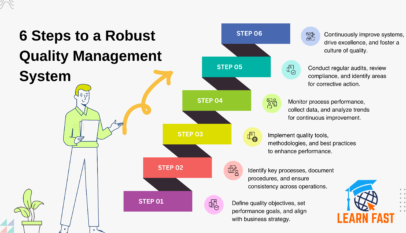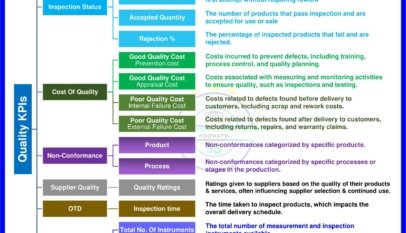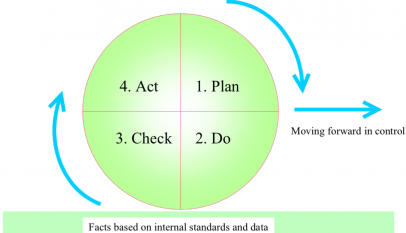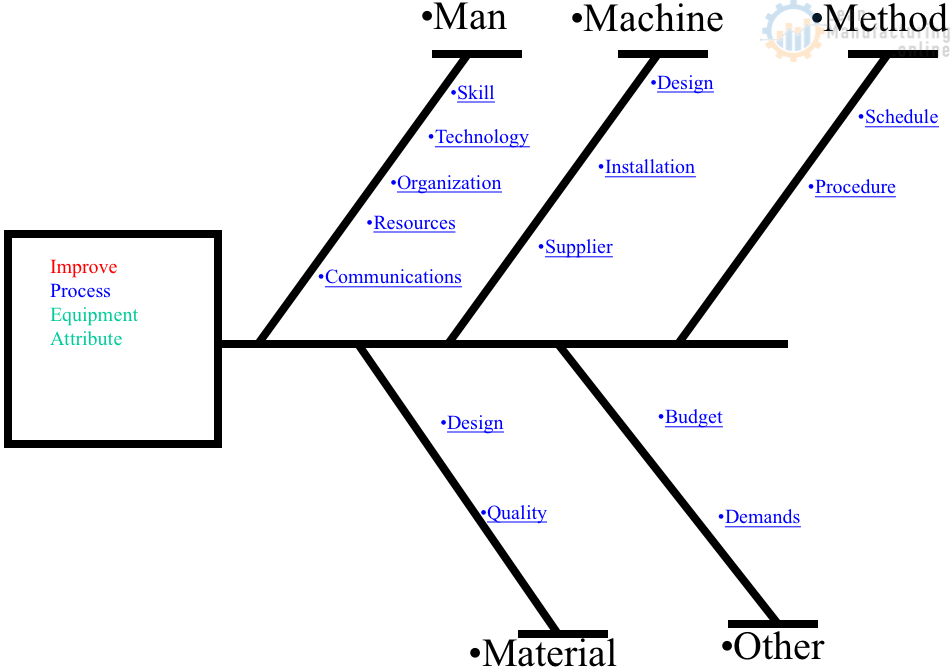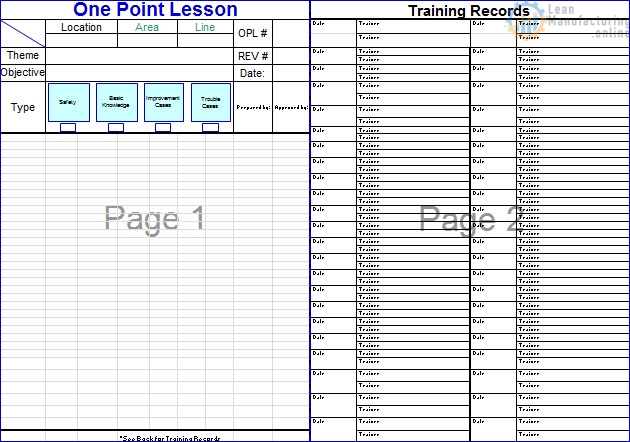- Choose to use Process Excellence projects as the mechanism for solving your critical business issues.
- Relentlessly communicate the importance of continuous improvement and encourage all staff to embrace the Process Excellence methodology.
- Choose your best people to lead projects and help them succeed. Participate in monthly project reviews.
- Understand the Process Excellence methodologies well enough to know when a particular principle or tool should be applied.
- Encourage your staff members to use the tools and principles in day-to-day decision making
- Ask for data
- Encourage your team to benchmark and learn from others
- Don’t just ask, “how do we fix it?” demand to find a Root Cause.

Leadership is the ability to guide and motivate a group toward a common goal. It involves setting a direction, establishing a vision, and inspiring and motivating others to follow that direction and work towards achieving it.
Effective leadership requires a variety of skills, including communication, decision-making, problem-solving, and the ability to build and maintain relationships. It also involves delegating tasks and responsibilities and providing support and guidance to team members as needed.
Leadership can take many forms and can be exercised in various settings, including business, government, education, and non-profit organizations. A leader’s specific qualities and characteristics may vary depending on the context. Still, some common traits of influential leaders include integrity, honesty, empathy, and the ability to inspire and empower others.

